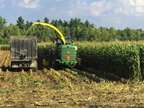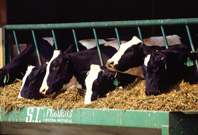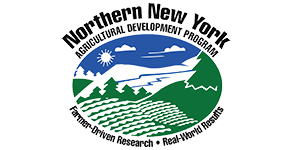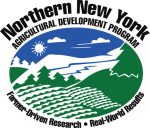 Plattsburgh, New York; May 11, 2023. The Northern New York Agricultural Development Program (NNYADP) has announced that the farmer-driven research program has received $300,000 in funding from the 2023-2024 New York State Budget through the support of the New York State Assembly. The funding will support research on the unique micro-climates, soils, challenges, and opportunities for the diverse agricultural sectors across New York’s six northernmost counties: Clinton, Essex, Franklin, Jefferson, Lewis, and St. Lawrence.
Plattsburgh, New York; May 11, 2023. The Northern New York Agricultural Development Program (NNYADP) has announced that the farmer-driven research program has received $300,000 in funding from the 2023-2024 New York State Budget through the support of the New York State Assembly. The funding will support research on the unique micro-climates, soils, challenges, and opportunities for the diverse agricultural sectors across New York’s six northernmost counties: Clinton, Essex, Franklin, Jefferson, Lewis, and St. Lawrence.
The New York State Legislature established the NNYADP in 1961. Since then, the program has supported the region’s growth into a major agricultural economic engine for northern New York and New York State.
NNYADP Co-Chair Joseph Giroux, Plattsburgh, New York, said, “We thank the New York State Assembly, particularly the members of the Assembly Agriculture Committee, with special gratitude for Assemblyman Billy Jones’ stalwart support of the Northern New York Agricultural Development Program, the value of its prioritized research to our farms, and the financial sustainability of our communities.”
Giroux co-chairs the NNYADP with Jon Rulfs, Peru, New York, and Jon Greenwood, Canton, New York.
Assemblyman Billy Jones (D-Chateaugay Lake) said, “The Northern New York Agricultural Development Program is an important asset not only to the North Country, but for agriculture across the state and the country. Between the research into beech tree syrup, manure and food waste co-digestion, and calf probiotics, NNYADP is leading the way in developing innovative agricultural practices. I am proud to have supported them during budget negotiations to once again secure funding so that they are able to continue their important work supporting North Country farmers.”
Assemblywoman Donna Lupardo, Chair of the Assembly Agriculture Committee, said, “The Northern New York Agricultural Development Program is widely recognized as a leader in the development of New York’s agricultural industry, producing quality research with statewide and national significance. Northern New York is critical to our state’s thriving food economy, and I am pleased that this funding will support their vitally important work. I’d like to acknowledge and thank my colleague Assemblyman Billy Jones for continuing to prioritize the NNYADP’s funding request.”
Assemblyman Ken Blankenbush, a member of the New York State Assembly Agriculture Committee, said, “Supporting and investing in our state’s agriculture sector has never been more important as it is today. The innovators and entrepreneurs who literally ‘plant their roots’ in the North Country have made a tremendous impact on our way of life and our local economy, and push boundaries when it comes to offering new agricultural products in the global marketplace. This state investment continues to signal New York State will remain a serious competitor when it comes to agricultural opportunities in the North Country.”
More than 80 farmers representing diverse farming enterprises across Northern New York voluntarily serve on the NNYADP Farmer Committee that prioritizes research for grants. Projects range in focus from agricultural environmental stewardship and farm tile drainage to dairy, field crops, local foods, horticulture, honey, maple, and forestry production. The results of NNYADP projects are posted at www.nnyagdev.org.
 The funding for the Northern New York Agricultural Development Program is administrated by the New York State Department of Agriculture and Markets.
The funding for the Northern New York Agricultural Development Program is administrated by the New York State Department of Agriculture and Markets.

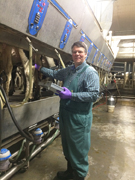
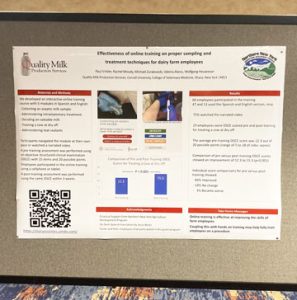
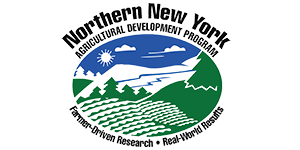 A link to the article (
A link to the article (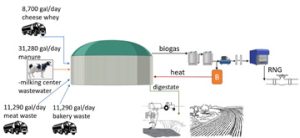
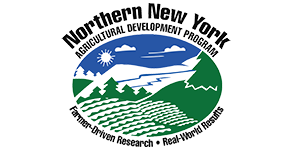 Funding for the Northern New York Agricultural Development Program is supported by the New York State Legislature and administered by the New York State Department of Agriculture and Markets.
Funding for the Northern New York Agricultural Development Program is supported by the New York State Legislature and administered by the New York State Department of Agriculture and Markets.